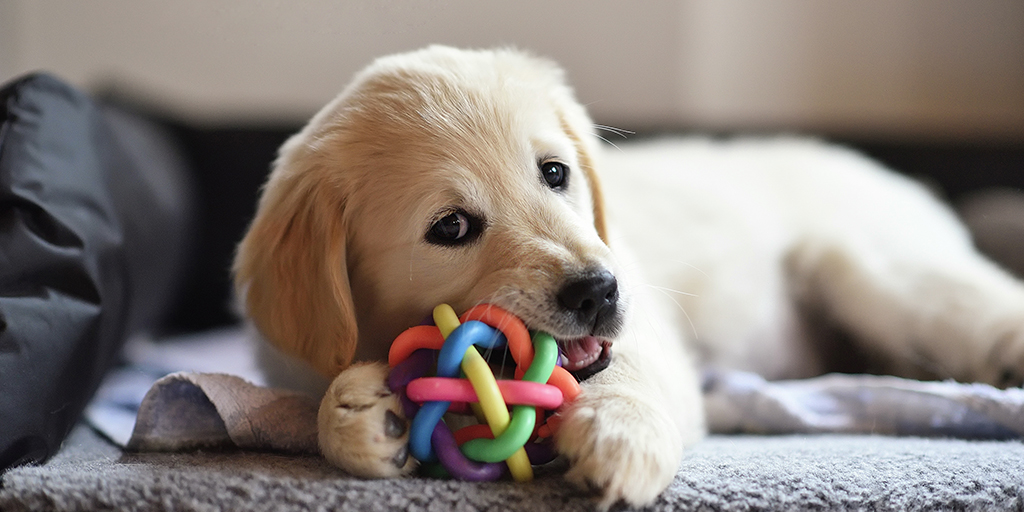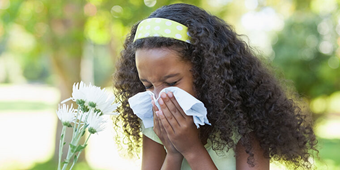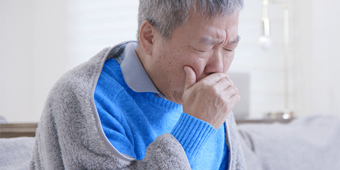Customers Sickened By Pet Store Puppies Cause Concerns

Answer a few questions and we'll provide you with a list of primary care providers that best fit your needs.
Few things are as tempting to hold and cuddle as a soft, warm puppy, but a recent Centers for Disease Control and Prevention (CDC) news release suggests that people should begin questioning the safety of that doggy in the window before deciding to pet or purchase it at an area pet store.
According to the CDC, puppies purchased from pet stores are likely responsible for a recent outbreak of an infection caused by Campylobacter jejuni bacteria. The outbreak has sickened up to 30 people in 13 different states.
Premier Health Now spoke with family medicine physician Joseph P. Allen, MD, FAAFP, of Premier Health Family Care of Vandalia to learn more about Campylobacter bacteria and the steps people can take to protect themselves from possible infection.
Letting Sleeping Dogs Lie
“Campylobacter mainly affects our gastrointestinal tract,” says Dr. Allen. “Infections are more commonly connected with things like contaminated seafood or milk, but it’s likely that in this case the bacteria is being carried in a puppy’s stool, which is eventually transferred to their fur. This gets passed on to humans after they handle it, and it gets accidentally ingested when they put their hands anywhere near their nose or mouth.”
Dr. Allen explains that an infected person typically experiences bloody, loose stools and might also have a fever, chills, abdominal cramping, and body aches. These symptoms can last anywhere from seven to 10 days and typically don’t require the use of antibiotics.
The puppies in question would not necessarily be ill themselves since they would simply be carriers of the bacteria, which is eventually passed on to their human handlers. The CDC continues to look for the origins but encourages pet store shoppers to adhere to some simple guidelines that may help prevent infection.
“Probably the best action a person can take to prevent infection is to simply wash their hands very well with warm, soapy water after they’ve been holding or petting a puppy at a store,” says Dr. Allen. “In addition, a newly purchased puppy should be thoroughly washed after it’s brought home, along with any objects it’s touched or sat upon. Good hand-washing techniques should continue after that, especially after cleaning up the dog’s waste.”
Parents are also encouraged to make sure their children wash their hands properly and to use hand sanitizer when water is not immediately available.
Answer a few questions and we'll provide you with a list of primary care providers that best fit your needs.
Source: Joseph P. Allen, MD, FAAFP, Premier Health Family Care of Vandalia; Centers for Disease Control





